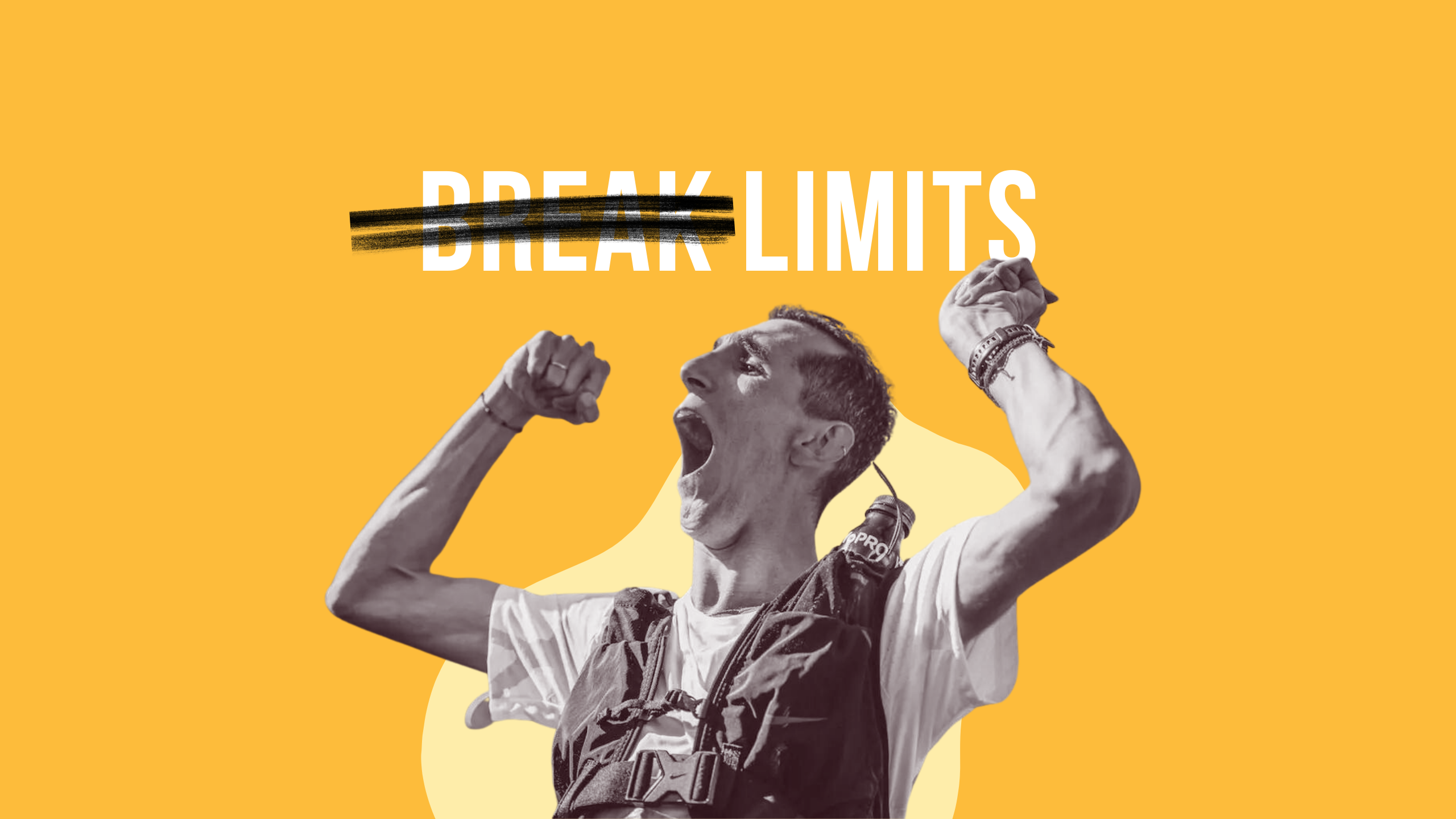Alex Roca made history at the Barcelona Marathon by becoming the world's first person with a 76% disability to complete a marathon.
Roca has cerebral palsy, which was caused by herpetic viral encephalitis (cerebral herpes) at the age of six months. He has limited mobility on his left side and communicates through sign language. His doctors were not optimistic about Alex's chances of survival, but his work ethic, determination, and resilience have enabled him to face life and not be defined by his disability.
'I want to break barriers and stigmas so that all the people in this world who find themselves in a difficulty see my example, get motivated and don't stop fighting.' - Alex Roca
In an exclusive interview, he told Runner's World Magazine, "The word "no" is the word I like the most. It is the word I have heard the most in my life: you will not be able to live, nor walk, nor study, nor have a partner. And I said: "You are going to see how I manage it", and I have fought to show the world that the limit is up to you.
What we can learn from Alex
His will to succeed in the face of overwhelming odds propelled him to make history and motivate many around the world. It demonstrates that one can overcome even the biggest hurdles and accomplish their goals with effort, tenacity, and perseverance.
Alex's Mantra is "You set your own limits, they are set by us individually.
His mantra serves as a potent reminder not to let our limits define who we are or prevent us from achieving our aspirations. Instead, we should concentrate on our abilities and make an effort to go beyond what we think is possible.
His success also brings up how crucial accessibility and inclusion are for people with impairments. In order for people who have disabilities to achieve their objectives and lead full lives, it is crucial to build a society that supports and enables them.



Alex Roca made history at the Barcelona Marathon by becoming the world's first person with a 76% disability to complete a marathon.
Roca has cerebral palsy, which was caused by herpetic viral encephalitis (cerebral herpes) at the age of six months. He has limited mobility on his left side and communicates through sign language. His doctors were not optimistic about Alex's chances of survival, but his work ethic, determination, and resilience have enabled him to face life and not be defined by his disability.
In an exclusive interview, he told Runner's World Magazine, "The word "no" is the word I like the most. It is the word I have heard the most in my life: you will not be able to live, nor walk, nor study, nor have a partner. And I said: "You are going to see how I manage it", and I have fought to show the world that the limit is up to you.
What we can learn from Alex
His will to succeed in the face of overwhelming odds propelled him to make history and motivate many around the world. It demonstrates that one can overcome even the biggest hurdles and accomplish their goals with effort, tenacity, and perseverance.
His mantra serves as a potent reminder not to let our limits define who we are or prevent us from achieving our aspirations. Instead, we should concentrate on our abilities and make an effort to go beyond what we think is possible.
His success also brings up how crucial accessibility and inclusion are for people with impairments. In order for people who have disabilities to achieve their objectives and lead full lives, it is crucial to build a society that supports and enables them.
Read Next
Is Consuming Coffee Healthy?
Coffee, the aromatic drink cherished by millions worldwide, has been a staple in human culture for centuries. So, is consuming coffee healthy? Beyond its rich flavour and inviting aroma, coffee boasts a plethora of effects on both mind and body. However, indulging in this beloved beverage comes with both advantages
7 Superfoods that Boost Your Productivity
Did you know that the foods you eat can have a significant influence on your brain and motivation? According to the World Health Organisation, the right foods can boost your motivation, brain power and overall productivity by up to 20%. On the other hand, a study conducted by researchers at
Boosting Your Visibility as an Introvert
Compared to their extroverted counterparts, many introverts find themselves feeling overshadowed or overlooked in professional settings. However, being introverted doesn't mean you have to remain invisible at work. There are strategic and authentic ways for introverts to make themselves seen and heard without compromising their natural tendencies. Embrace
When Breath Becomes Air by Paul Kalanithi - Book Summary, Notes and Highlights
"When Breath Becomes Air" is a poignant memoir by Paul Kalanithi, a neurosurgeon diagnosed with terminal lung cancer. The book chronicles his journey from being a promising medical professional to facing his mortality. Paul grapples with profound questions about life and death, finding meaning in the face of